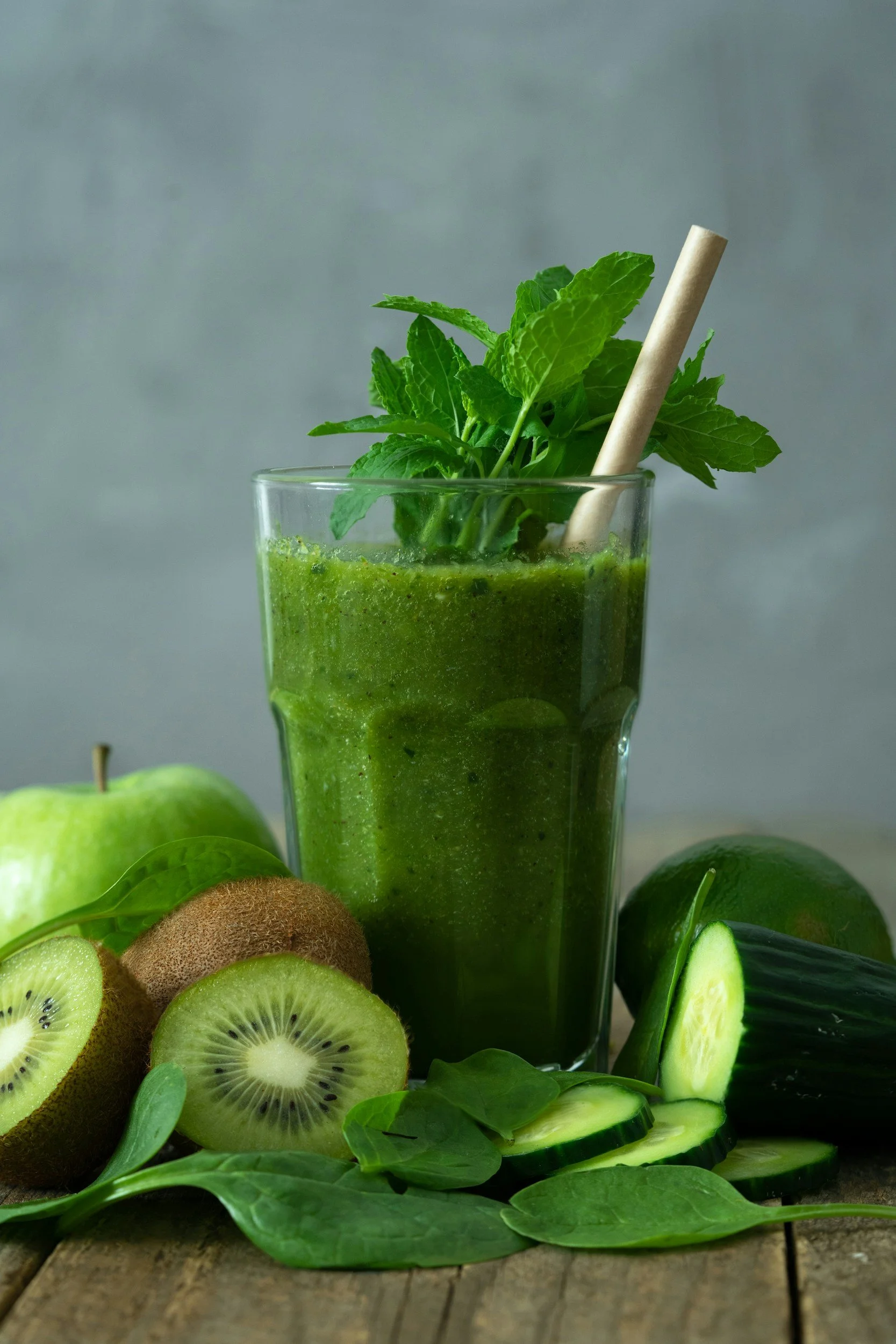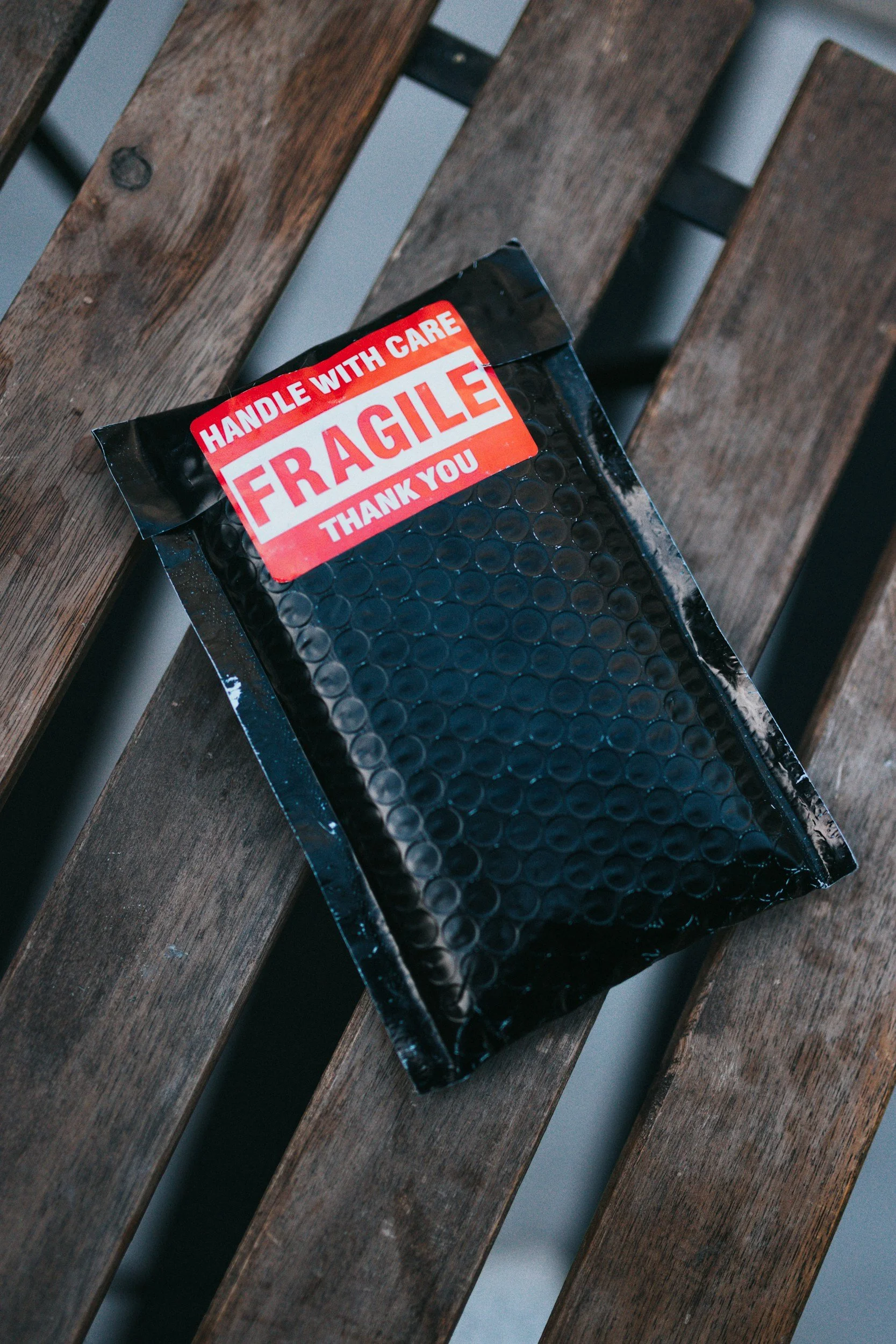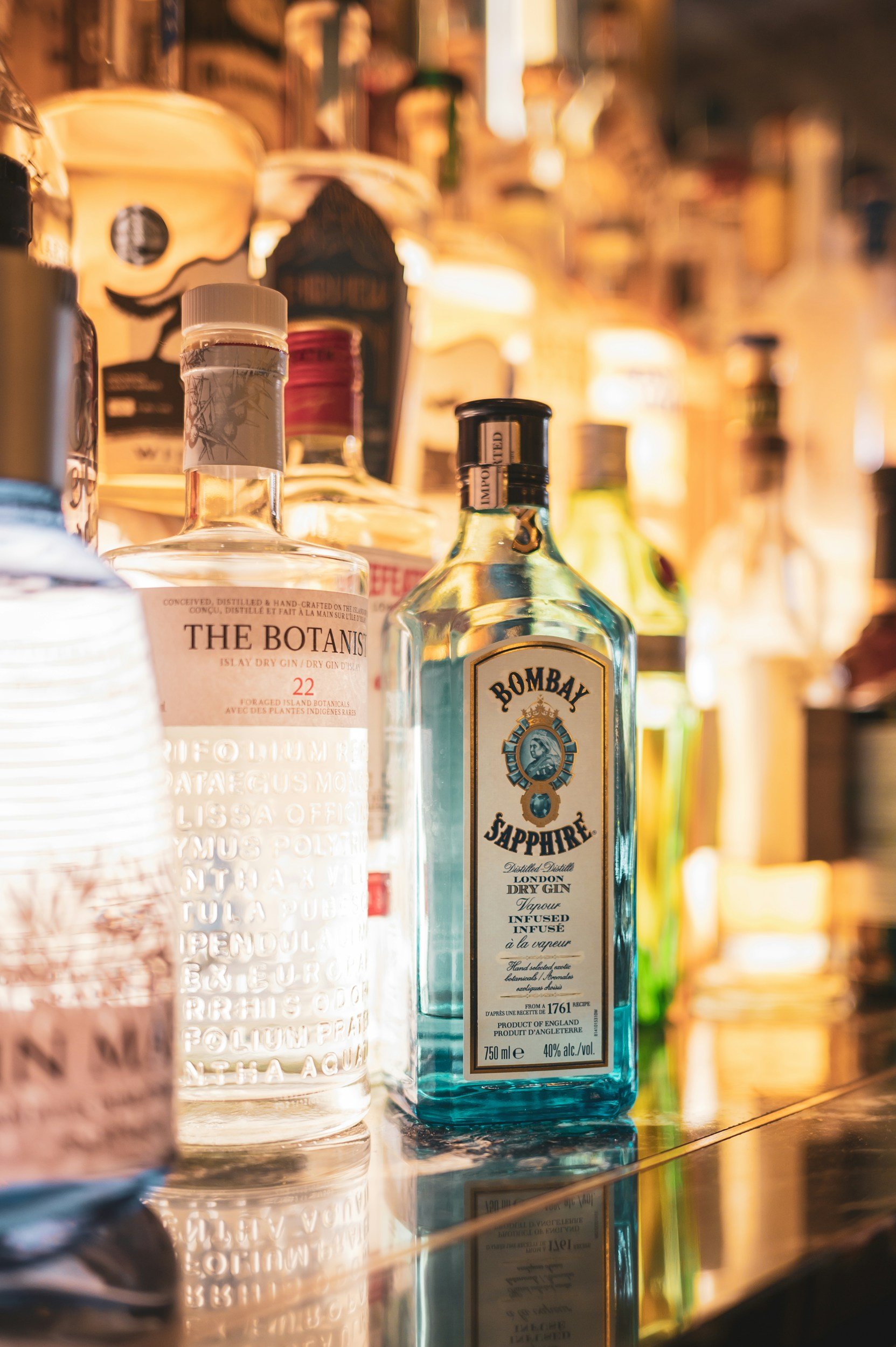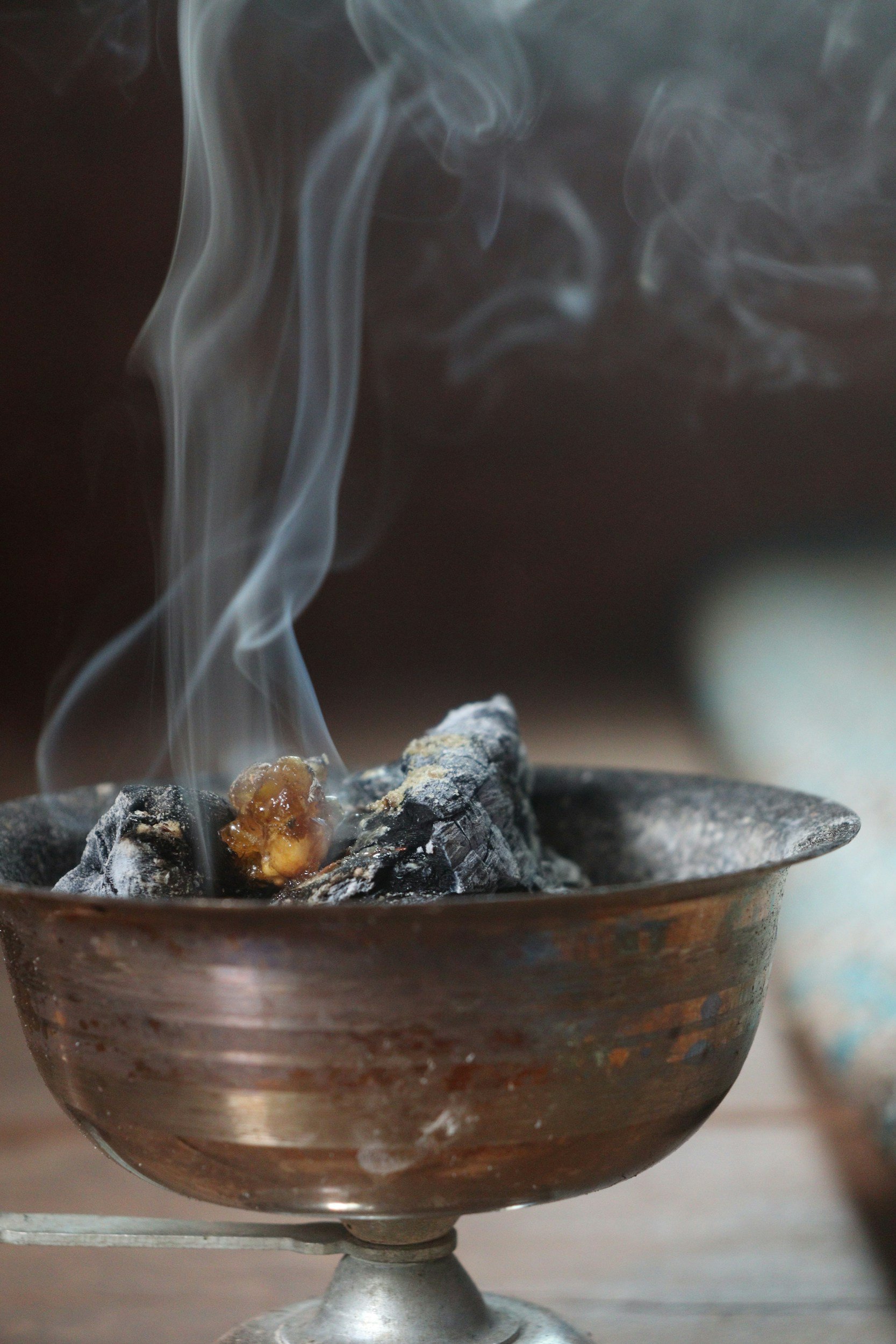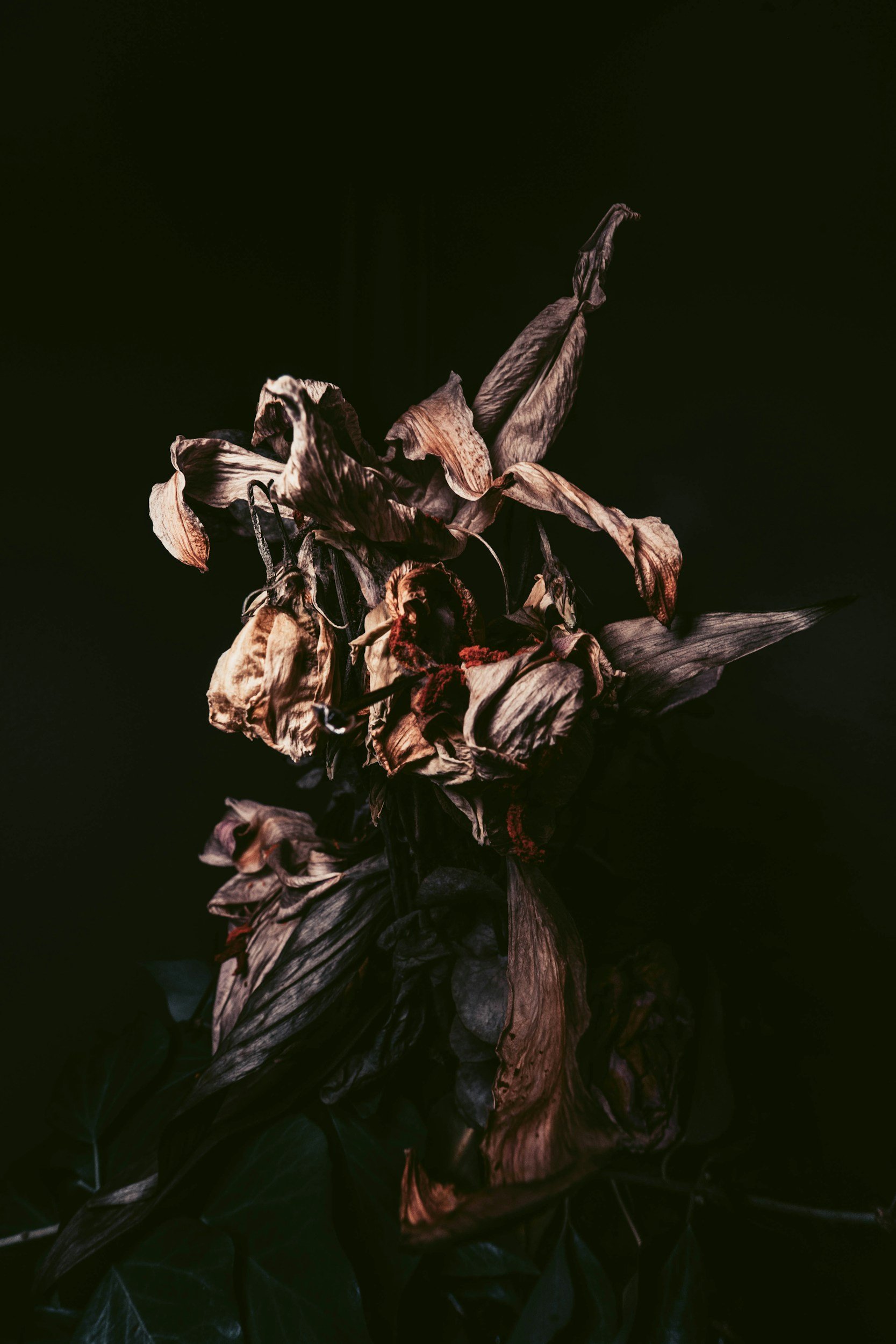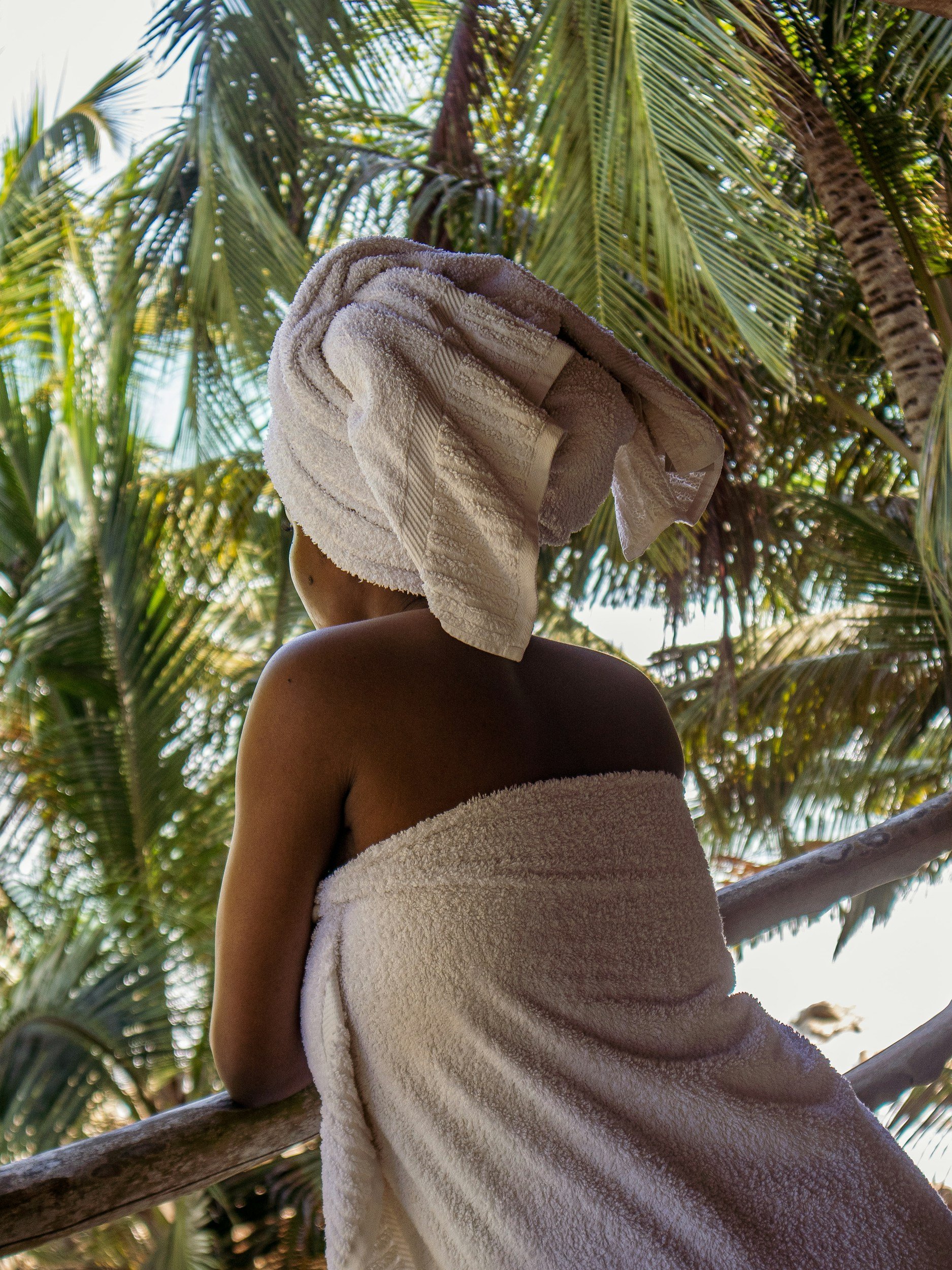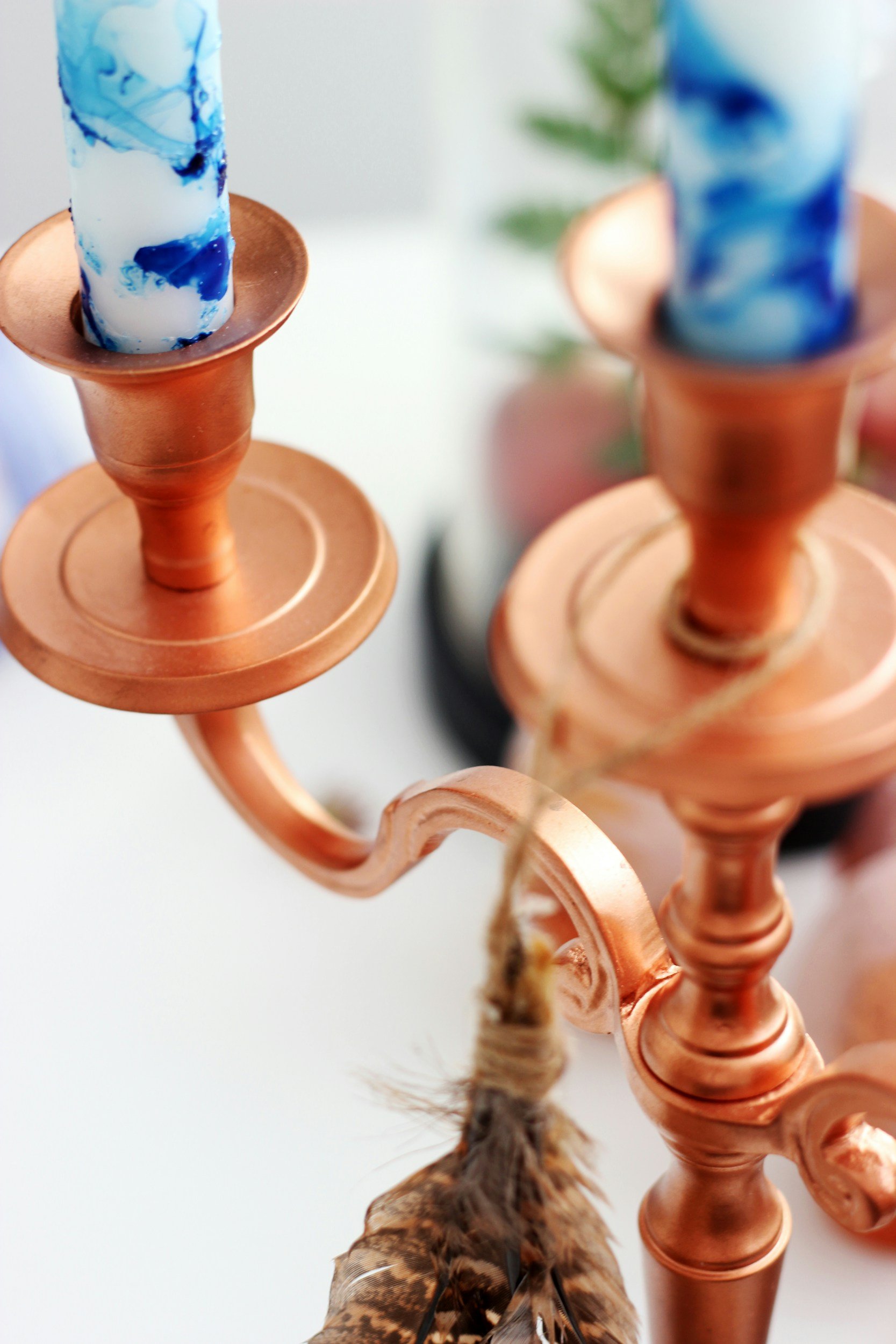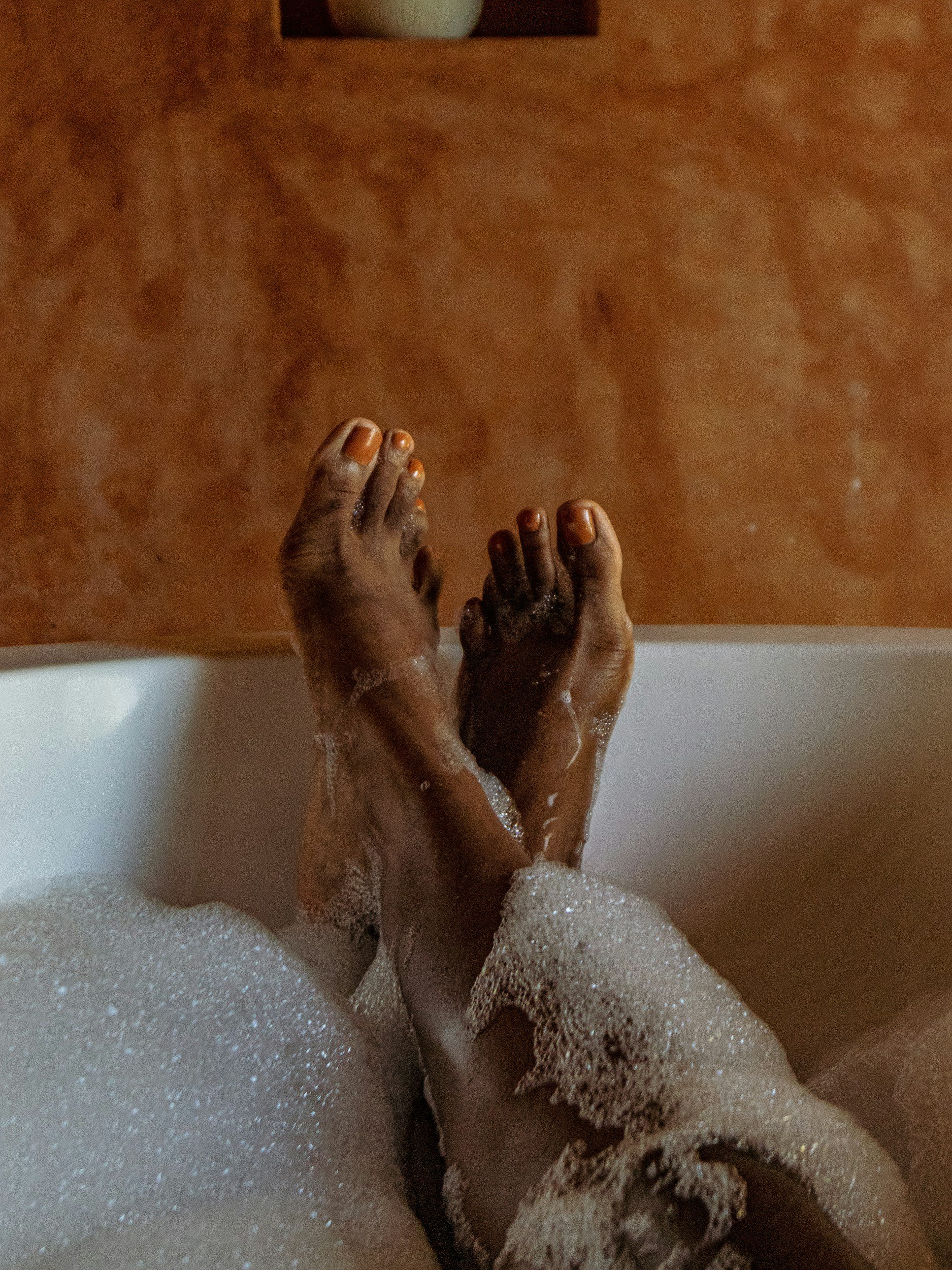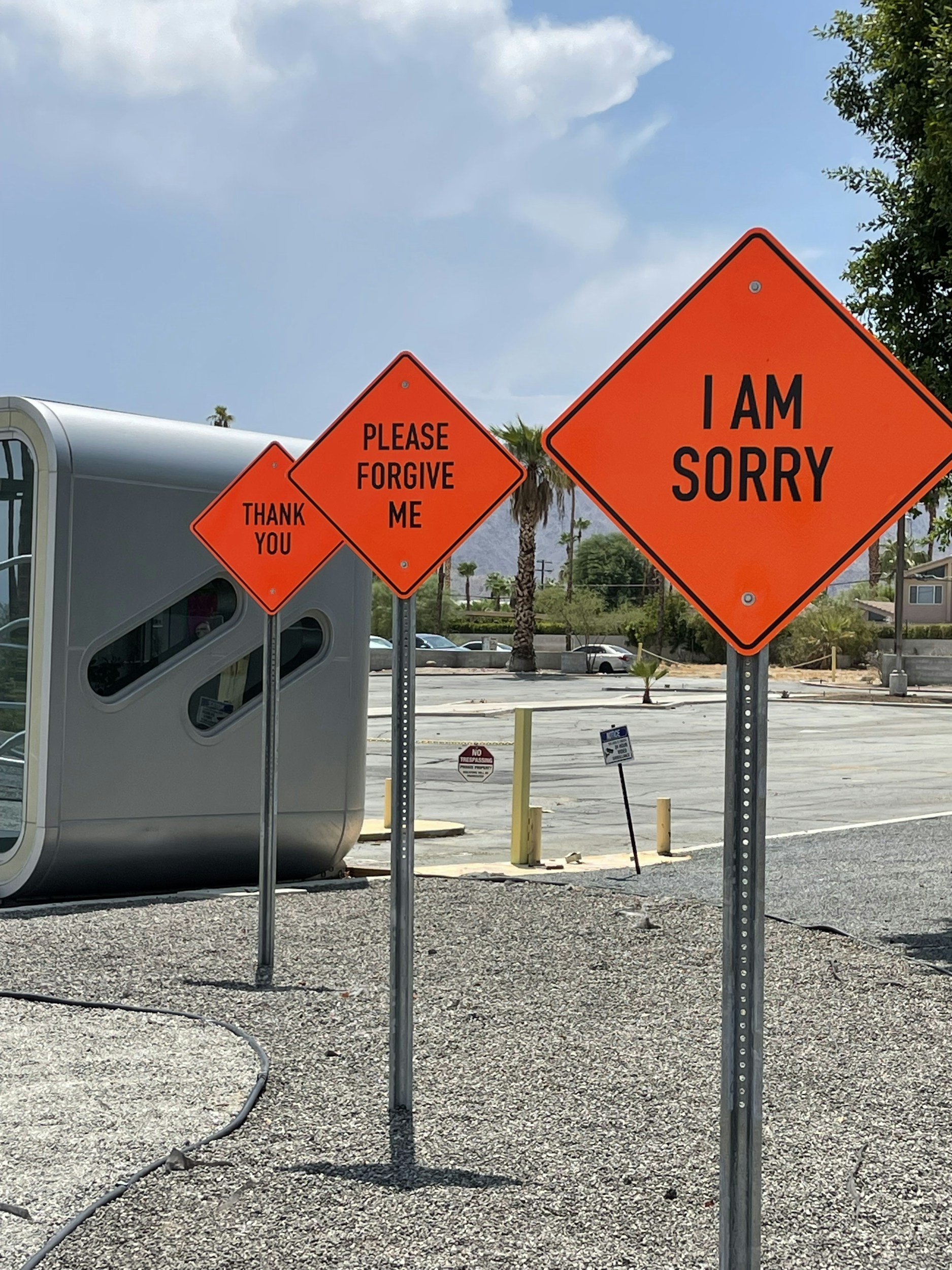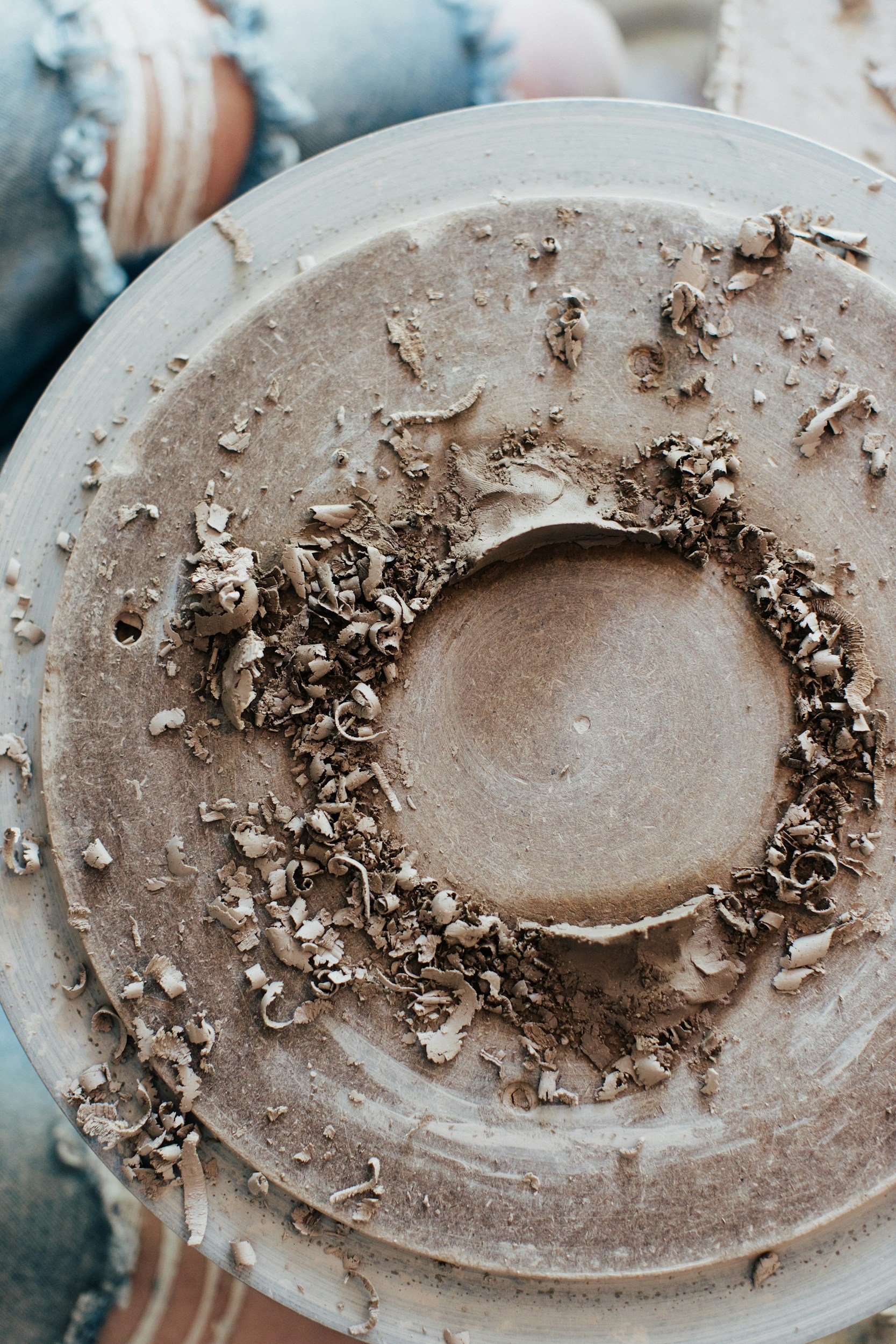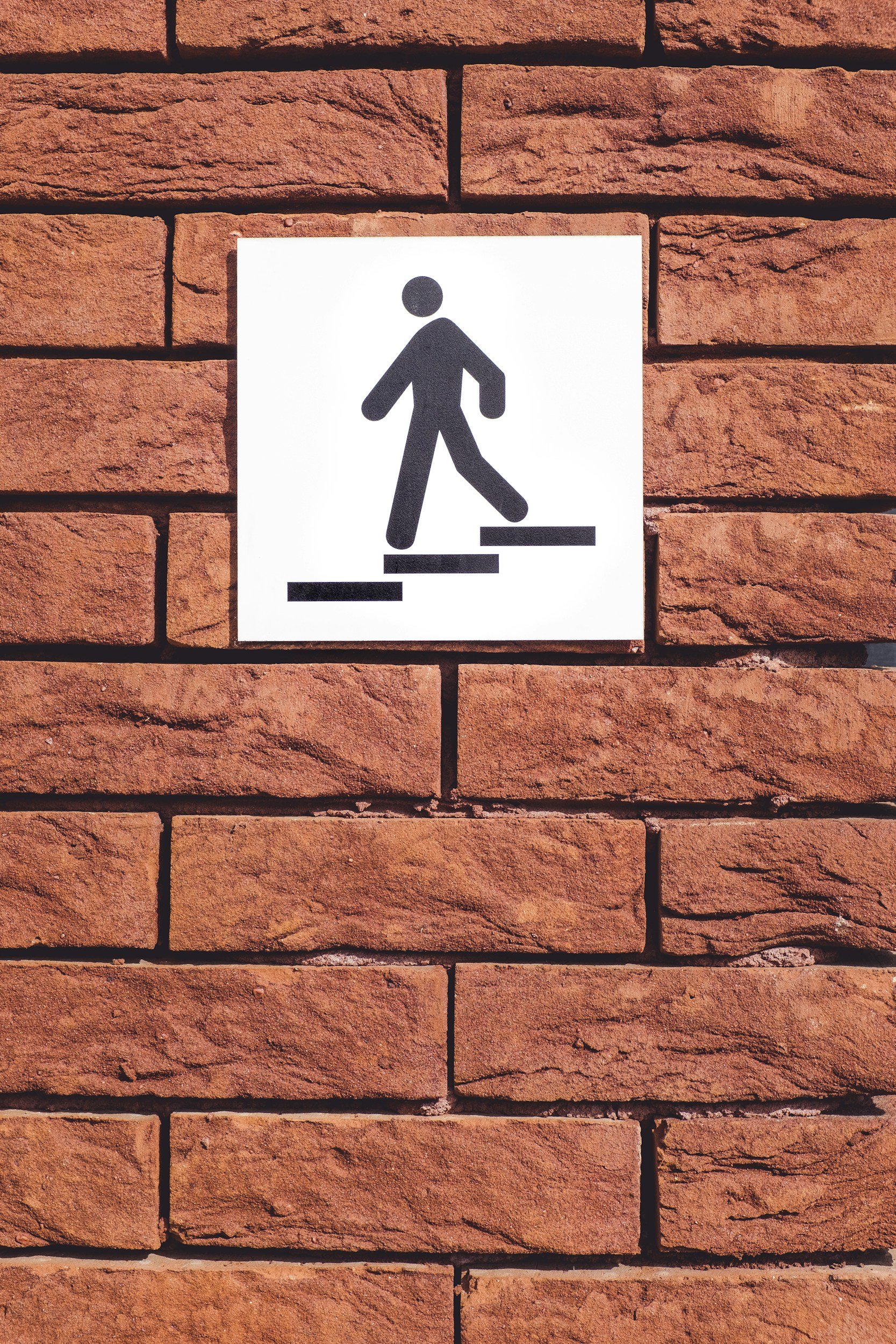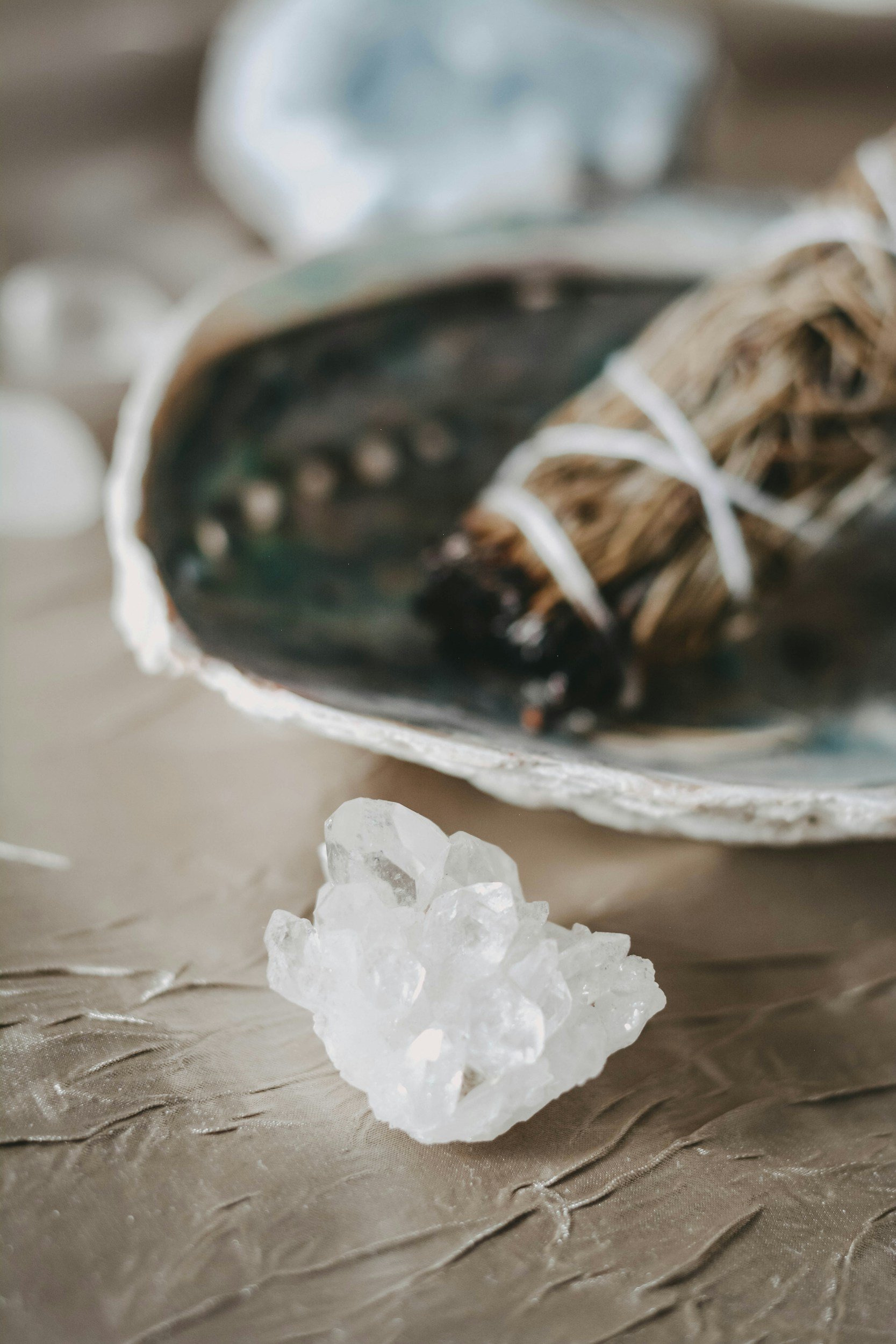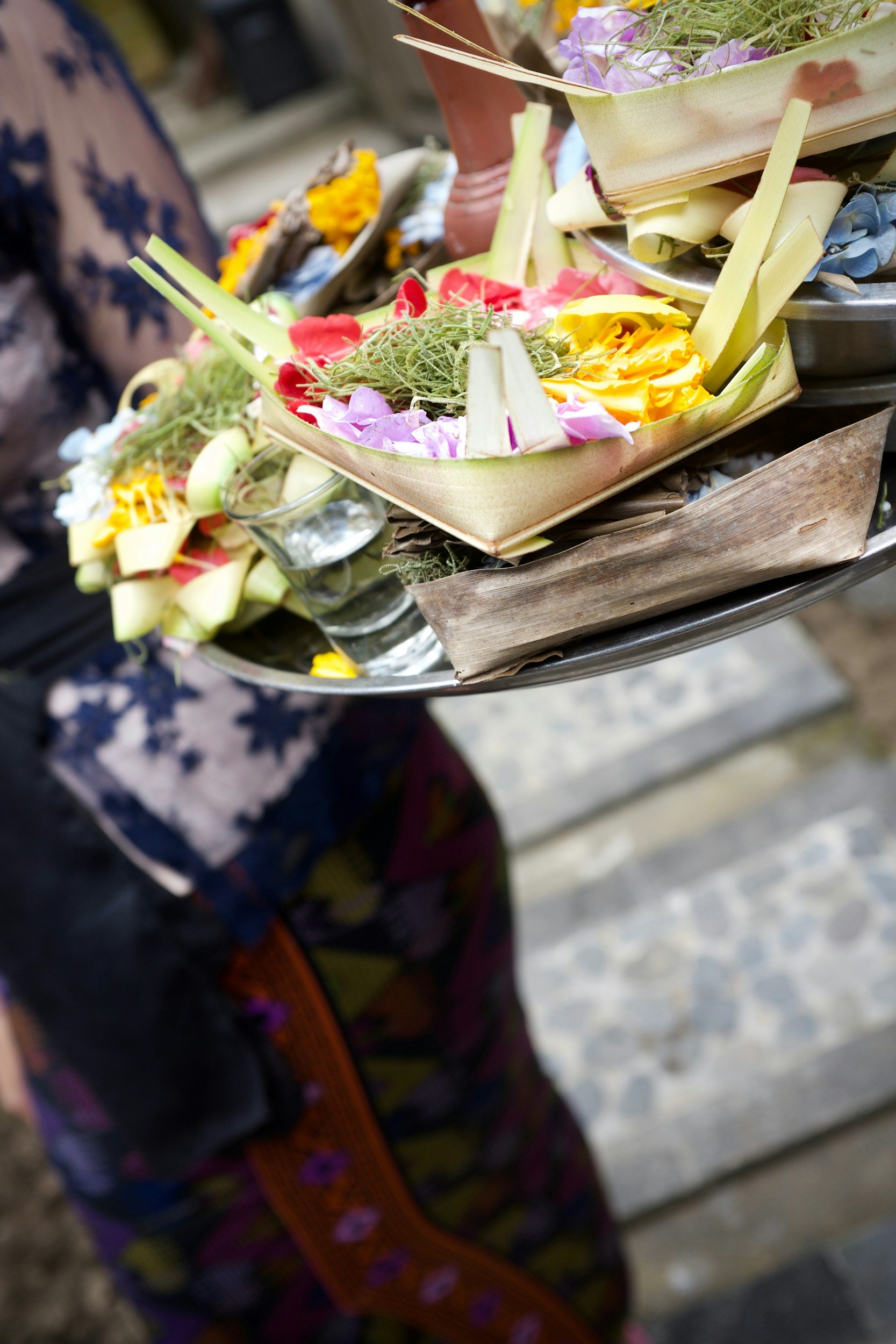9 Tools Used for Spiritual Hygiene in Odinani (Igbo Spirituality)
In Odinani, maintaining spiritual hygiene is important for personal well-being and spiritual harmony. Spiritual hygiene practices help to cleanse, protect, and align one's energy with higher spiritual frequencies. In this post, we’ve made a list of nine essential tools and concepts used in Odinani for spiritual hygiene.
Nine Tools for Spiritual Hygiene
Mmiri—Water: Water is a universal symbol of purification and renewal. In Odinani, water is used in various rituals to cleanse the body and spirit. Sacred rivers, streams, and even rainwater are used in spiritual baths to wash away negative energies and impurities. Water's life-giving properties are believed to restore balance and induce harmony.
Akwa—Egg: Egg is a powerful tool for spiritual cleansing and protection in Igbo spirituality. It is usually used in rituals to absorb negative energies. The egg symbolizes life, purity, and the potential for rebirth. By rolling an egg over the body and then discarding it, it is believed that people can transfer and remove negative influences from their energy field. But that is only one of the multiple ways egg is used for purification.
Nzu—White Chalk: Nzu, or white chalk, is a sacred substance used in various rituals. It is usually applied on the body or used to draw sacred symbols on altars and other ritual spaces. Nzu represents purity, peace, and spiritual protection. In some cases, just having a sizeable chunk of Nzu exposed or left in a space is believed to ensure the atmosphere is rid of any negative energies.
Ose Oji—Alligator Pepper: Alligator pepper, known as Ose Oji, is highly revered in Igbo spirituality. It is believed to have potent spiritual properties. It is used in cleansing rituals to ward off evil spirits and negative energies. Ose oji is believed to be a powerful tool for spiritual communication.
Incense and Herbs: Incense and various herbs play a significant role in spiritual hygiene. Burning incense such or locally sourced herbs releases fragrant smoke that purifies the environment and enhances spiritual awareness. The aroma from these substances is believed to invite positive energies and drive away negative forces. It is advisable to ensure the incense being used is not made out of any substance one might be allergic to.
Sound (Bells, Horns, etc.): Sound is an effective tool for shifting energy and cleansing spaces. In Odinani, instruments like bells, drums, and horns are used to break up stagnant energies and restore energetic harmony in a space. The vibrations produced by these sounds are believed to resonate with higher frequencies, facilitating healing and spiritual cleansing.
Anyanwu Ututu—Early Morning Sun: The early morning sun holds a special place in Igbo spirituality. The first rays of the sun are believed to carry powerful cleansing and revitalizing energies. Exposure to the morning sun can help to dispel negativity, uplift the spirit, and recharge one's energy. This practice aligns practitioners with the natural rhythms and energies of the universe.
Local Brooms: Local brooms made from natural materials like the palm tree which are used for spiritual cleansing. In Odinani, sweeping with these brooms is not only a physical act of cleaning but also a spiritual practice to remove negative energies from a space. This act symbolizes the sweeping away of unwanted influences and the restoration of spiritual purity to a household or a space.
Nso or Iwu—Personal Taboos: Nso, or personal taboos, are natural rules or guidelines, revealed to a person as they grow up, for maintaining spiritual integrity and purity. These personal codes of conduct are unique to each individual and family, dictating what should be avoided to prevent spiritual contamination. Adhering to nso helps one stay aligned with their higher purpose and maintain spiritual cleanliness.
To Sum It Up
Spiritual hygiene in Odinani is an integral practice for maintaining balance and harmony in one's life. By utilizing these tools—water, eggs, nzu, alligator pepper, incense, sound, the early morning sun, local brooms, and personal taboos—practitioners can ensure their spiritual well-being and connect more deeply with the divine. These practices, rooted in ancient wisdom, continue to offer great benefits in the modern world, underscoring the timeless nature of ancestral ways of being.
If you know of any tools for spiritual hygiene that we might have left out, leave us a comment in the comment section below. Yagazie!
Recommended Resources:
Nzu Invocation, Igbo-ukwu, Nigeria | (Re)Entanglements Projects (YouTube)
Nzu Igbo and Its Uses | Dibia Nwangwu Uchendu (Blog)
